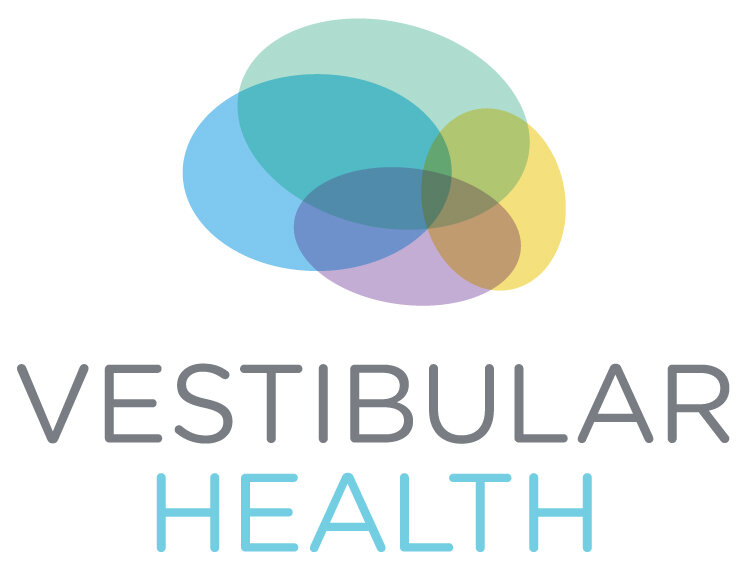
About Facial Palsy Rehab
What is facial palsy rehabilitation?
Facial palsy rehabilitation is a non-surgical therapy that helps you relearn to move your face muscles in a natural way after an injury to the facial nerve. It is an individualized treatment program to improve face movement, coordination, and expression. This therapy is also referred to as facial nerve rehab or facial neuromuscular retraining.
What causes facial palsy?
Facial nerve palsy is caused by inflammation or damage to the nerve that controls the muscles of the face (the facial nerve or cranial nerve VII). This results in sudden weakness and inability to control one side of your face. Paralysis of the face muscles can cause drooping of your eyebrow and mouth, and difficulty closing your eye. You may also experience excessive tearing or dryness of one eye, hypersensitivity to sound, problems with taste, or pain/abnormal sensations in your face. Facial paralysis can cause difficulty eating, drinking, or speaking, and problems communicating with facial expressions.
The most common cause of facial paralysis is Bell’s Palsy - this causes weakness on one side of the face that is usually temporary. Ramsay Hunt syndrome also causes face muscle weakness, along with vestibular symptoms. Vestibular schwannoma (acoustic neuroma) can cause facial weakness, because the vestibular nerve and facial nerve are located close together.
This treatment is not designed for people with facial muscle paralysis due to stroke or brain injury.
What is synkinesis?
Facial palsy rehabilitation can help improve synkinesis, which is when delayed facial nerve recovery results in abnormal and unwanted movements.
Signs of synkinesis may include:
Tightness in face muscles
Neck muscle tightness with face movements
Mouth movement like smiling or chewing causes your eye to narrow or close
Closing your eye causes your mouth to move or neck to tighten
What happens in facial palsy rehab?
Assessment involves:
Evaluating facial muscle function, your face movements and expressions
Photos and videos to track your recovery
Understanding your symptoms and how they are affecting you
Treatment depends on the cause of your facial palsy, how long you have had it, and the type of damage to your facial nerve. Treatment involves:
Helping you understand how the facial nerve and muscles work
Advice about eye care, how to make speaking easier, how to make drinking and eating easier, and how to manage symptoms of dry mouth or dry eye
Soft tissue work to do at home daily including massage and stretching to help normalize the tone on both sides of the face
Muscle work to help relearn precise coordination for movement and facial expressions
Retraining imbalanced or unwanted face movements
Conditions we can help
Bell’s Palsy
Ramsay Hunt syndrome
Facial weakness due to vestibular schwannoma/acoustic neuroma
Facial weakness due to facial nerve schwannoma
Synkinesis
